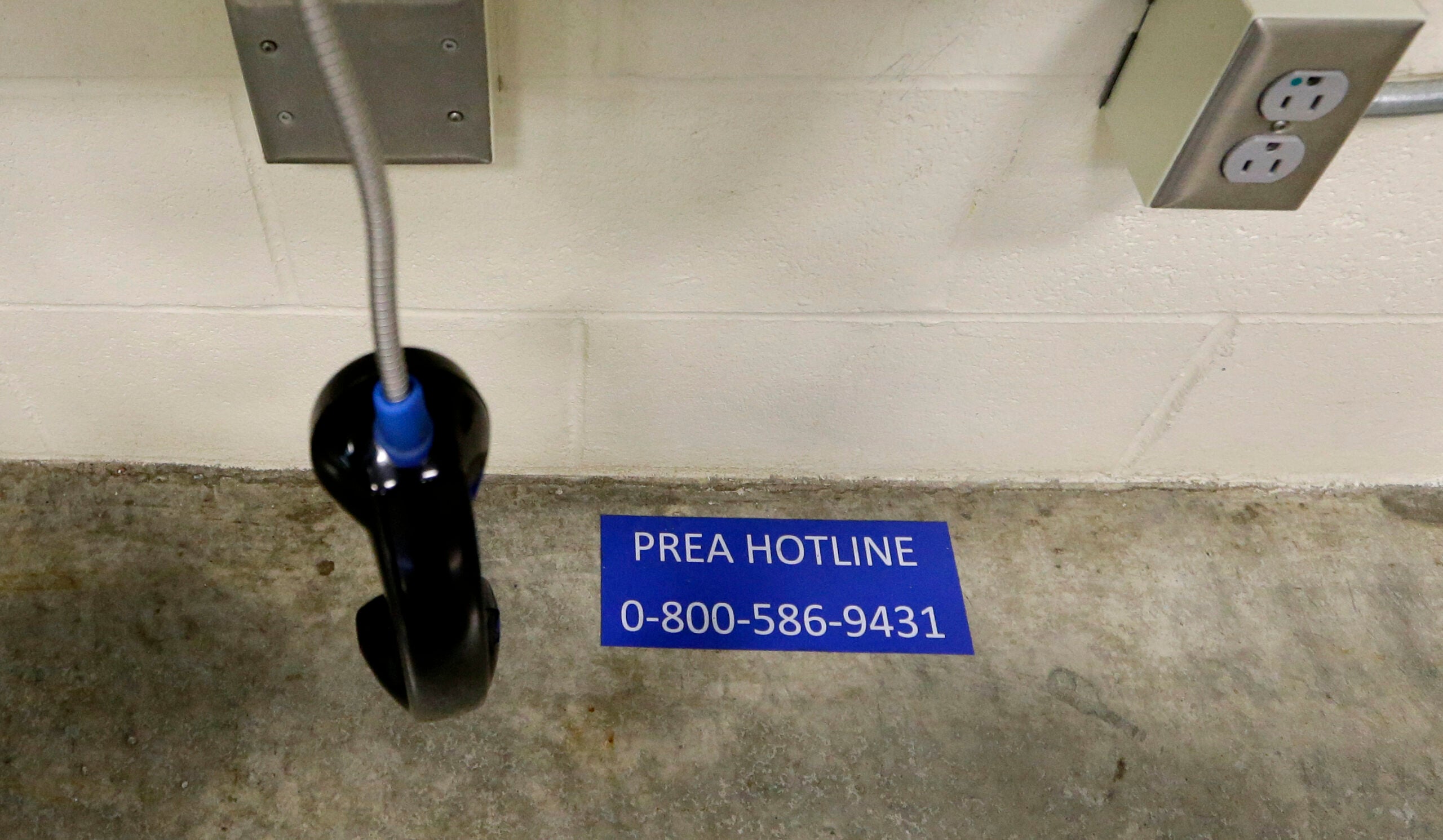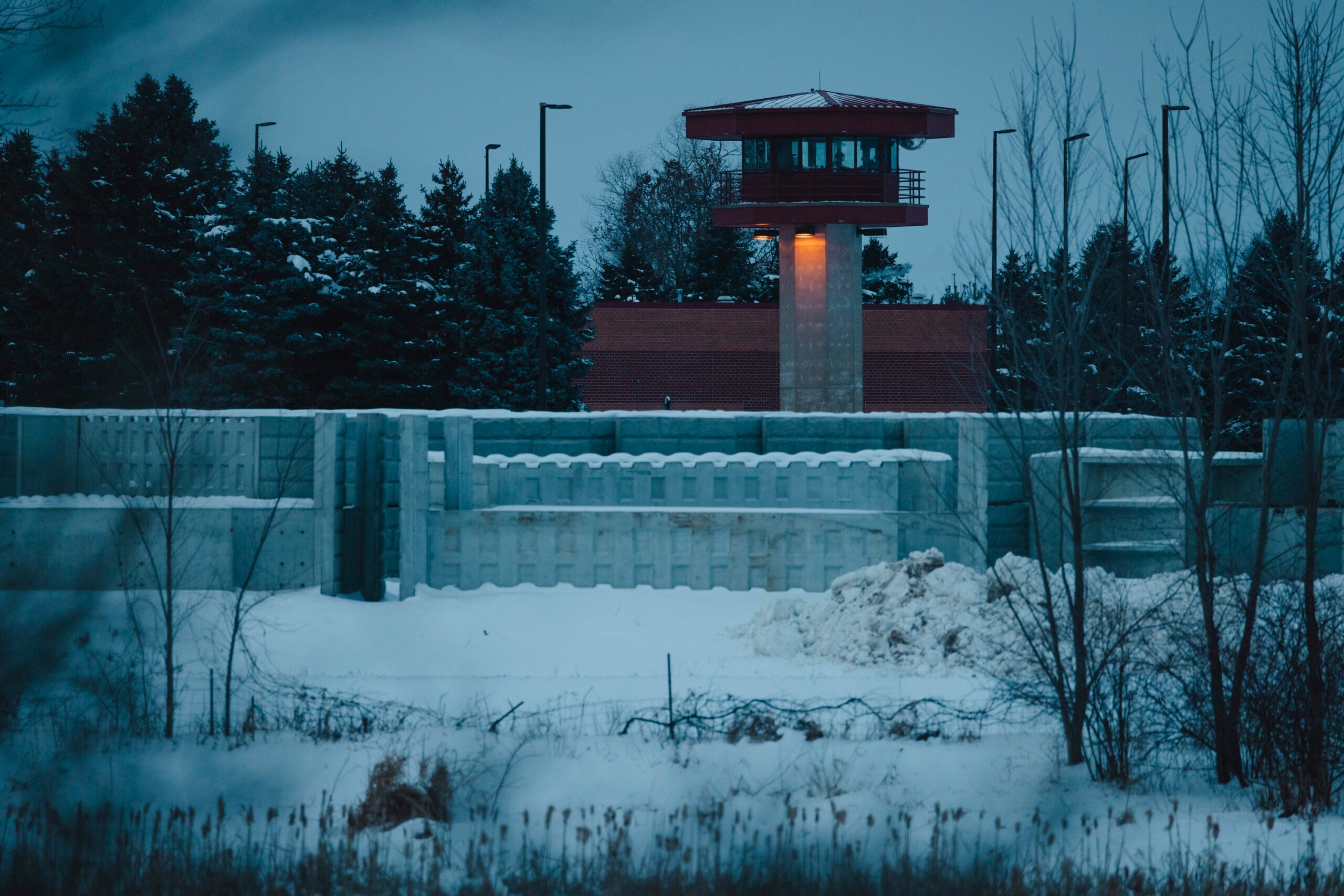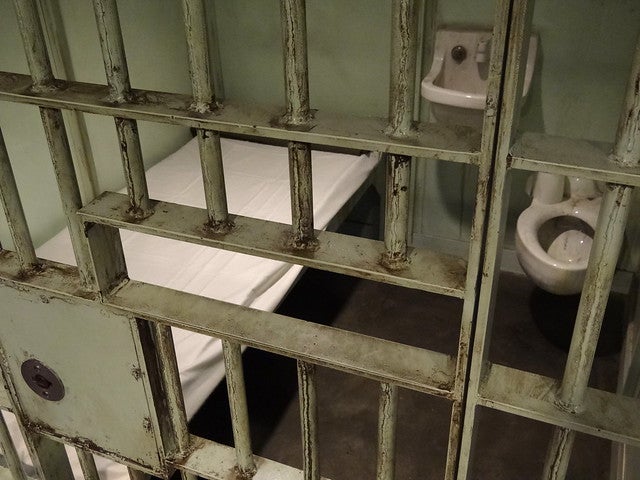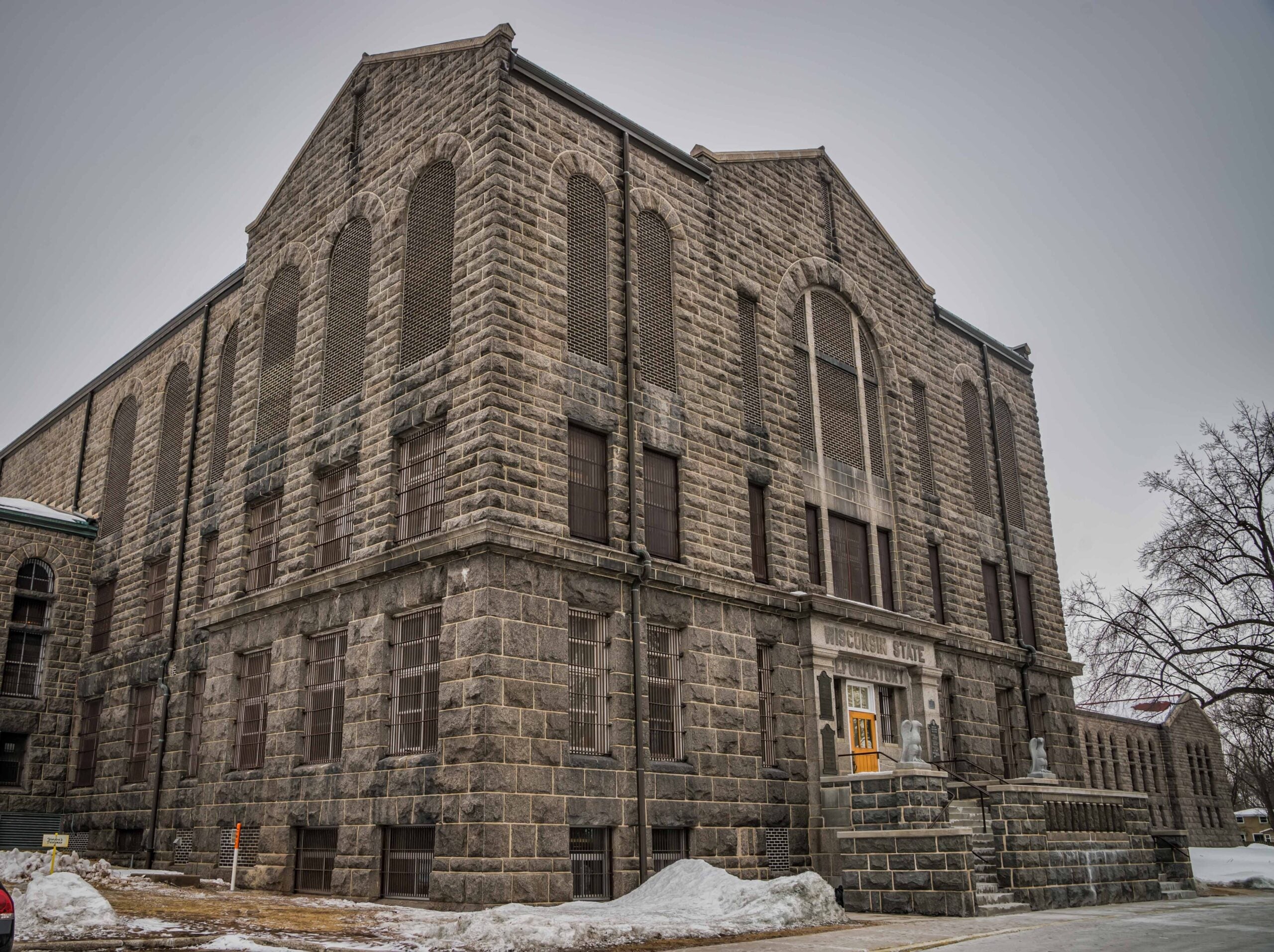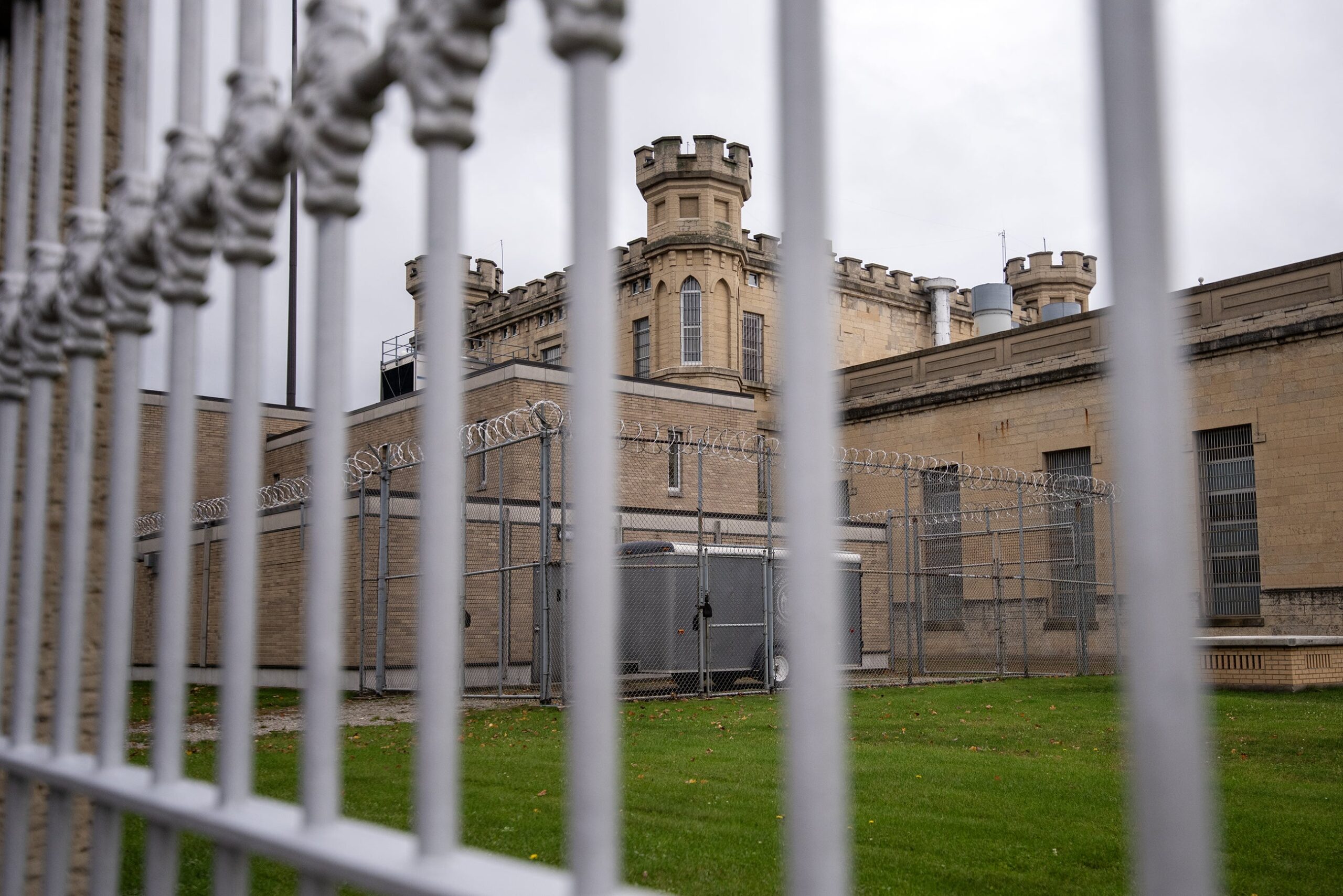Wisconsin Attorney General Brad Schimel has filed a motion to join an Oklahoma lawsuit challenging a new federal rule that lowers the cost of phone calls for prison and jail inmates.
In October, the Federal Communications Commission capped the cost of inmate phone calls at 11 cents per minute for prisons and 22 cents per minute for jails. Before the cut, inmates in some states were paying as much as $14 a minute.
In a press release about his motion to join the lawsuit on Friday, Schimel called the rule an unconstitutional federal overreach that prevents state prisons and local jails from recouping the cost of expensive phone security systems.
Stay informed on the latest news
Sign up for WPR’s email newsletter.
Juneau County Sheriff Brent Oleson said if prisoners pay less, county taxpayers will have to make up the difference.
“What we try to do when we’re able is to place that burden back on to the offender themselves, partly as an incentive not to commit crimes in the future and hold them accountable,” said Oleson.
Prison reform advocates who support the lower phone rates say it’s inmates’ families, often living in poverty, who bear the burden of high cost phone calls. They say family contact is also an incentive for offenders to change their ways.
Linda Ketcham of Madison Urban Ministry said that when families can’t afford the phone calls, children suffer the most.
“Kids are the collateral damage,” said Ketcham. “When a child can’t talk to a parent, that damages the parent-child relationship. So I think it becomes a more fundamental moral question about how much punishment is enough.”
Ketcham said the higher phone rates don’t take into account the fact that many county jail inmates are being held on charges for nonviolent crimes and haven’t been convicted yet. She also said they still have to pay for their commissary, soap, shampoo and other basic needs. What’s more, those who have been convicted are often also charged daily incarceration fees that can amount to paying rent.
FCC Commissioner Mignon Clyburn defended the cut in phone charges last October when it was approved.
“This system has preyed on our most vulnerable for far too long,” he told the Washington Post. “Families are being further torn apart and the cycle of poverty is being perpetuated.”
Seven other states are joining Wisconsin in challenging the FCC cap on inmate phone calls. The case is pending in federal appeals court in the District of Columbia.
Wisconsin Public Radio, © Copyright 2024, Board of Regents of the University of Wisconsin System and Wisconsin Educational Communications Board.

